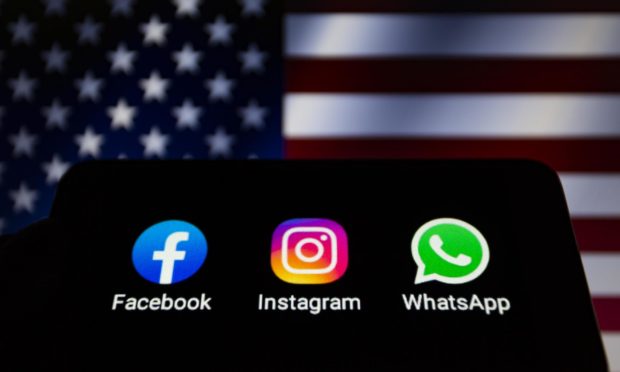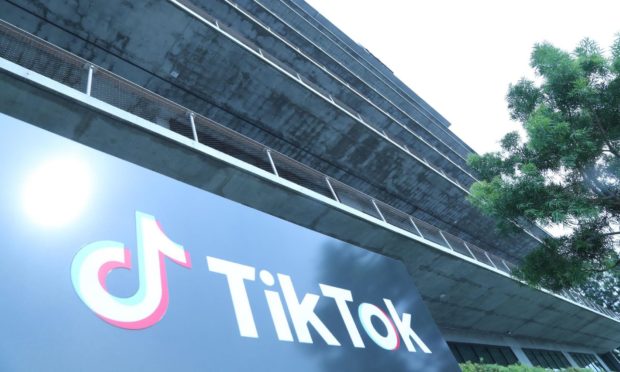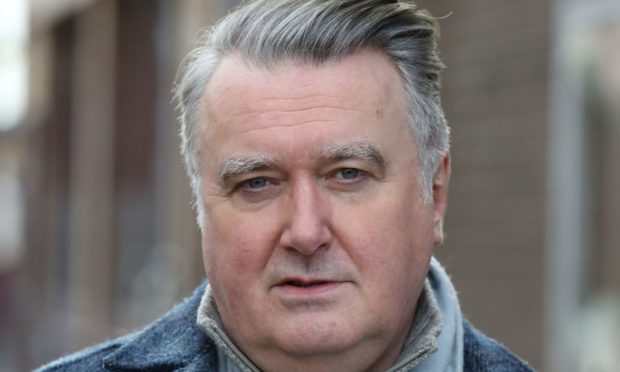John Nicolson has used a House of Commons committee hearing to highlight the spread of misinformation around Covid-19 vaccines.
Representatives from Facebook, YouTube and TikTok appeared before MPs to face questions about the spread of dangerously misleading fake news around the coronavirus vaccines.
Ochil and South Perthshire MP Nicolson says it took him “literally seconds” on micro-video platform TikTok to find so-called ‘anti-vaxxer’ accounts, with tens of thousands of followers, spreading misinformation.
“Honestly, if I can do it in seconds, what are all their teams of investigators doing, the thousands of people they said they were employing to take down information?” he asks.
Facebook’s Rebecca Stimson said her platform has been active against disinformation campaigns, and while they had options to remove offending posts, downrank them in news feeds, or fact-check them, one lesson the California-based company had learned during the pandemic was the importance of providing more access for readers to accurate, factual information as well.
“If you search for particular Covid-related terms or groups you get a pop-up that directs you to the NHS and authoritative sources of information,” Stimson told the committee.
None of that really washes with Nicolson, who says that representatives from social media platforms “always give bland, very corporate answers.”
“What, of course, they should be doing is, if somebody said Covid vaccinations are made out of fetuses, you should just take their account away. If somebody says Bill Gates is planting microchips in your head immediately people’s lives are at stake.”
Nicolson says he wants the social media companies to be regarded as publishers so they’re more responsible for the content shared on their sites, such as vaccine misinformation.
“At the very least, thousands of people’s lives are at risk because people might see this misinformation stuff and decide not to get a vaccine and die of Covid.”
At Thursday’s briefing Nicolson turned his sights on TikTok in particular, asking their representative Theo Bertram why they continue to allow “anti-vaccination fanatics to spread lies” on the platform.

He cited one account owner – “she’s very beautiful but what she does is utterly wicked” – asking Bertram why her channel hadn’t been suspended.
Bertram said it sounded as if the account did indeed violate their terms and conditions, and outlined how other TikTok users could report contentious accounts. Nicolson said the policies are simply not working.
European countries face misinformation deluge
The spread of misinformation across social media, of course, knows no national boundaries, and while there’s an emphasis from companies like YouTube, Facebook and TikTok on trying to tackle the problem in English, there are fewer efforts when fake news spreads in other languages.
Seana Davis, an Irish journalist at Euronews in France, specialises in tracking disinformation in news.
She says that in Italy one of the biggest social media operators employs just one person from a third party fact-checking service to trawl through thousands of sites and pages to flag up suspected fake news posts.
The platforms are also less-than-transparent about the amount of resources they’re deploying to tackle the problem.
“Even when you’re talking about the moderation, there’s absolutely no indication as to how many moderators there are per platform, the process of taking down posts, the training behind it, who are these people taking it down, where are they based, what languages are they working in,” Davis says.
UK Government ‘naive’
Some European countries, including France and Spain, have been considering forcing social media platforms to take down misinformation within a certain amount of time but there are concerns here about the law, even a well-intentioned law, encroaching on freedom of speech.
Mr Nicolson says he broadly welcomes many of the proposals put forward by the UK Government this week on making online companies responsible for limiting the spread of illegal content.
But he says the proof will be in how the UK Government and communications regulator Ofcom enforce any new laws.
“We’ve heard for a long time that these companies would self-regulate and the UK Government chose to, rather naively, believe them, and that has not worked.”

